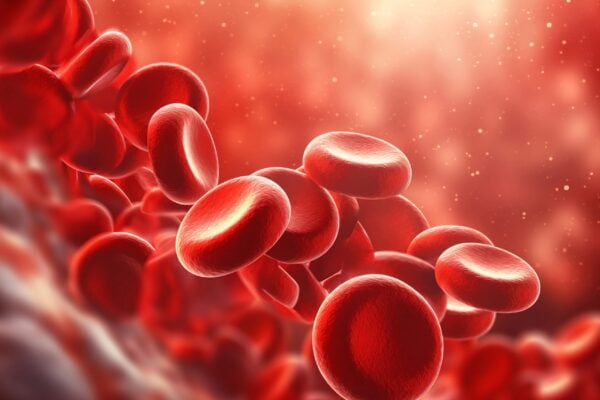In: User-Centered Design

Aging gracefully with AI
Johns Hopkins researchers have created a new kind of voice assistant to help older adults manage their health.

Explain yourself: Designing AI for better human-machine teaming
A new study by Hopkins researchers finds that doctors’ diagnostic performance and trust in AI advice depends on how the AI assistant explains itself.

Johns Hopkins team awarded funding for non-invasive anemia test
- January 6, 2025
- Machine Learning and Artificial IntelligenceUser-Centered Design
The $1.7 million grant from the Bill & Melinda Gates Foundation will help the researchers to develop a low-cost point-of-care tool for anemia screening.

New method aims to optimize HIV treatments, improve quality of life
- February 23, 2024
- User-Centered Design
A Johns Hopkins team develops a way to personalize antiretroviral therapy to reduce side effects.

Putting prosthetics research back in touch
- October 25, 2023
- Robotics, Augmented Reality, and DevicesUser-Centered Design
Researchers urge the greater prosthesis engineering community to listen to end users' actual needs.

Mathias Unberath receives Google Research Scholar Award
- June 5, 2023
- Center NewsUser-Centered Design
The Google Research Scholar Program supports early-career professors who are pursuing cutting-edge research.